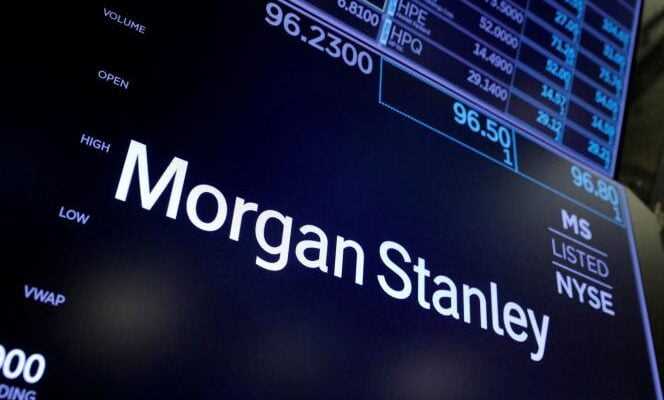ATn the early 2000s, some claimed that Goldman Sachs was one of the few communist companies in the United States. It redistributed its profits abundantly to its employees, so much so that the most modest assistant there was a millionaire. Has this blessed time returned to Wall Street? According to Financial Times, American banking stars – Morgan Stanley, JPMorgan Chase, Citigroup, Goldman Sachs and Bank of America – paid $142 billion (€125 billion) in salaries and benefits to their employees in 2021. Twice what pays income tax in France.
To save the world from recession, particularly during the health crisis, central banks have created, through their policies of asset purchases and interest rates close to zero, an ocean of money whose first beneficiaries have been those which were at the main crossroads for the circulation of liquidities, including investment banks and investment funds.
The largest of them, BlackRock, announced that in 2021 it had exceeded the 10,000 billion dollar mark under management, the equivalent of the gross domestic product of the euro zone. This money propels the stock market to new heights and largely finances companies. According to a study by the firm PitchBook, quoted by AFP, private equity funds invested 1,200 billion dollars in the United States in 2021, i.e. 50% more than in 2019, and 754 billion in Europe (+ 60%). Astonishing that in France, unicorns arise at every street corner.
Widening inequalities
As a positive effect, entrepreneurs easily find finance for their projects, even the riskiest ones. This money will also be useful for financing the energy transition. According to the McKinsey firm, Europe will need nearly 30,000 billion euros by 2050 to achieve its carbon neutrality objectives. For Larry Fink, the boss of BlackRock, this windfall is therefore a chance, provided that investors understand that their long-term interest is to finance sustainable growth.
But history also teaches us that too easy money is rarely a good adviser. By remunerating capital excessively in relation to labor, it inevitably widens inequalities between households, but also between the developed countries which can afford such policies and the others. And then, its smell quickly turns the head.
The Wendel trial, which is currently taking place in Paris, alone recounts the madness of the 2000s, with its large checks paid into subsidiaries in Luxembourg or elsewhere to escape the French tax authorities in the name of the emergence of unicorns of the time. . It is so easy in front of a big ticket to lose the sense of proportion.
